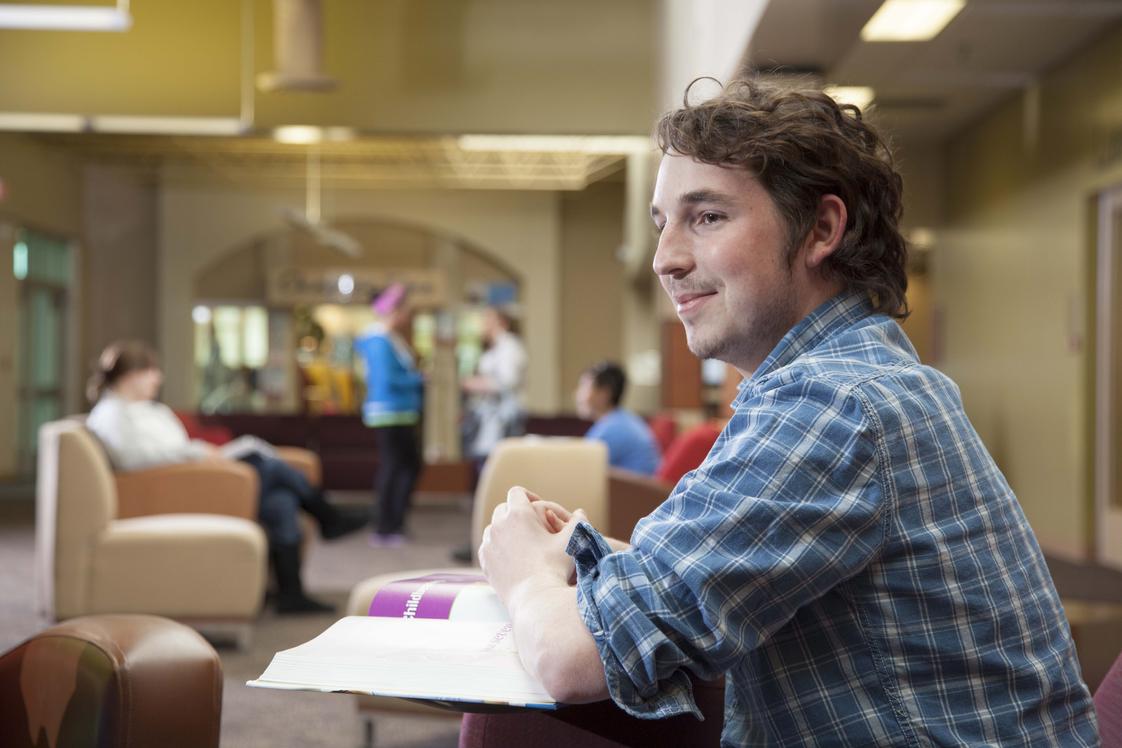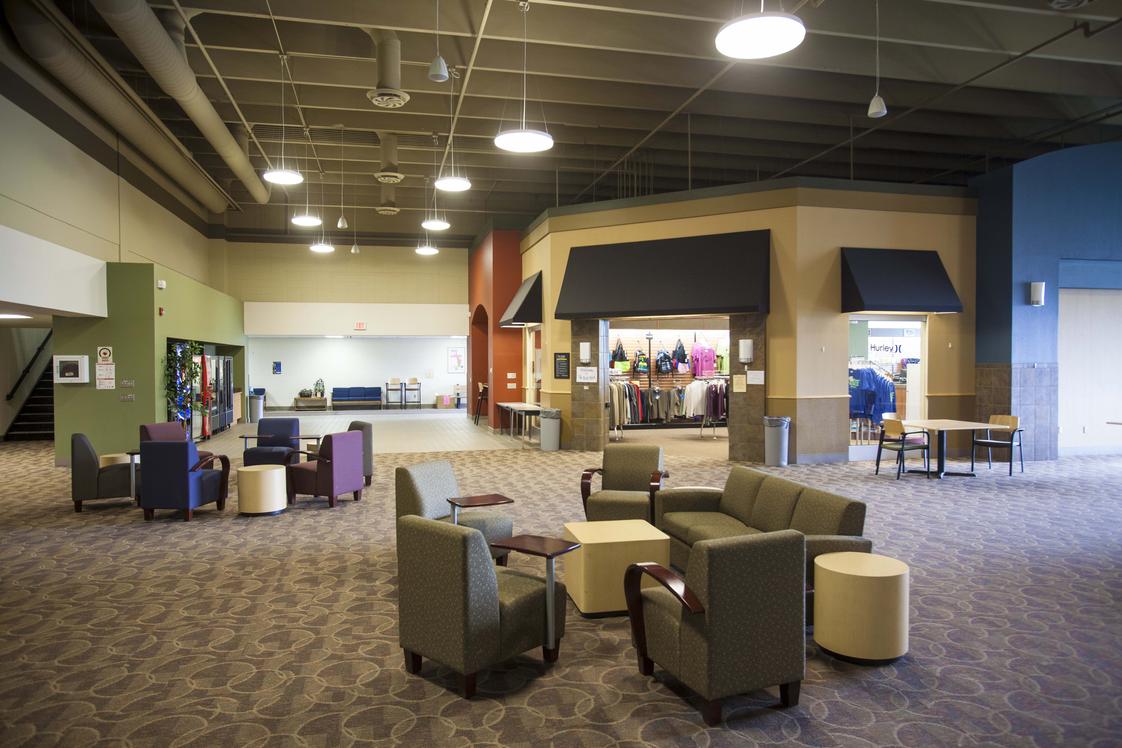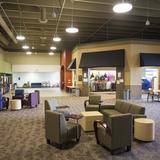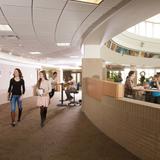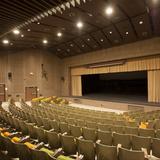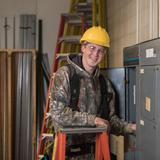- The mission of the college is to provide accessible education with vigor and integrity to diverse learners, preparing them for dynamic learning, living, working, and serving.
Quick Stats (2025)
- Source: Integrated Postsecondary Education Data System (IPEDS)
School Overview
Minnesota state community and technical college (Detroit lakes)
(MN) Community College Avg.
Carnegie Classification
Associate of Arts Colleges
Associate's Colleges: Mixed Transfer/Career & Technical-Mixed Traditional/Nontraditional
Institution Level
At least 2 yrs but < 4 yrs
At least 2 but less than 4 years
Institution Control
Public
Public
Total Faculty
n/a
153 staff
School Calendar
Student Body
The Minnesota state community and technical college (Detroit lakes) diversity score of 1.00 is more than the state average of 0.63. The school's diversity has stayed relatively flat over five years.
Total Enrollment
n/a
2,555 students
Student : Teacher Ratio
n/a
22:1
# Full-Time Students
n/a
915 students
# Part-Time Students
n/a
1,808 students
# Enrollment Undergraduate
n/a
372 students
# Full-Time Undergraduate Students
n/a
842 students
# Full-Time Graduate Students
n/a
38 students
# Part-Time Undergraduate Students
n/a
1,771 students
# Part-Time Graduate Students
n/a
12 students
Total Dormitory Capacity
n/a
116 students
% American Indian/Alaskan
n/a
1%
% Asian
n/a
6%
% Hispanic
n/a
8%
% Black
n/a
15%
% White
n/a
58%
% Hawaiian
n/a
1%
% Two or more races
n/a
4%
% Non Resident races
n/a
1%
% Unknown races
100%
6%
Diversity Score
n/a
0.63
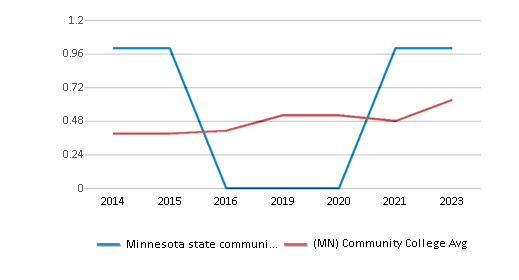
College Completion Rate (Students who graduate in less than 4 years)
n/a
0.3421%
College Completion Rate (Students who graduate in 4 years or more than 4 years)
n/a
0.5652%
Tuition and Acceptance Rate
% Students Receiving Some Financial Aid
n/a
89%
Median Debt for Graduates
n/a
$12,264
Median Debt for Dropouts
n/a
$6,747
Acceptance Rate
n/a
94%
SAT Reading
n/a
625
SAT Math
n/a
600
SAT Writing
n/a
565
ACT Composite
n/a
24
ACT English
n/a
24
ACT Math
n/a
23
ACT Writing
n/a
8
Source: 2023 (or latest year available) Integrated Postsecondary Education Data System (IPEDS)
School Notes
- MSCTC students and customers have a wide array of programs and services from which to choose. Our online programming and cooperative agreements with other colleges and universities provide students with exceptional opportunities with our more traditional learning opportunities. Communities and businesses count on our college for responsive, customized training and education. The campuses of Minnesota State Community and Technical College are located in Detroit Lakes, Fergus Falls, Moorhead, and Wadena, Minnesota. Each campus has its own personality, unique programs, and other offerings. The Fergus Falls campus is primarily a transfer institution, preparing students in general education for transfer to a four-year college or university. The campuses at Detroit Lakes, Moorhead, and Wadena are designed to assist students in their specific career track. Minnesota State & Community and Technical College is accredited by the Higher Learning Commission and is a member of North Central Association.
Recent Articles

Obtaining Your Bachelor's Degree at a Community College
Explore the evolving landscape of community colleges offering bachelor's degrees, addressing affordability, accessibility, and workforce needs.

A to Z of Community College Certificates and Courses
From business and healthcare to technology and skilled trades, the article showcases the breadth of options available to students seeking to enhance their knowledge, develop new skills, or pursue career advancement.

What is a Community College?
This comprehensive guide explains what a community college is, its history, and its role in higher education. It covers the types of programs offered, differences from four-year colleges, benefits of attending, and important considerations for prospective students, providing valuable insights for those exploring educational options.

